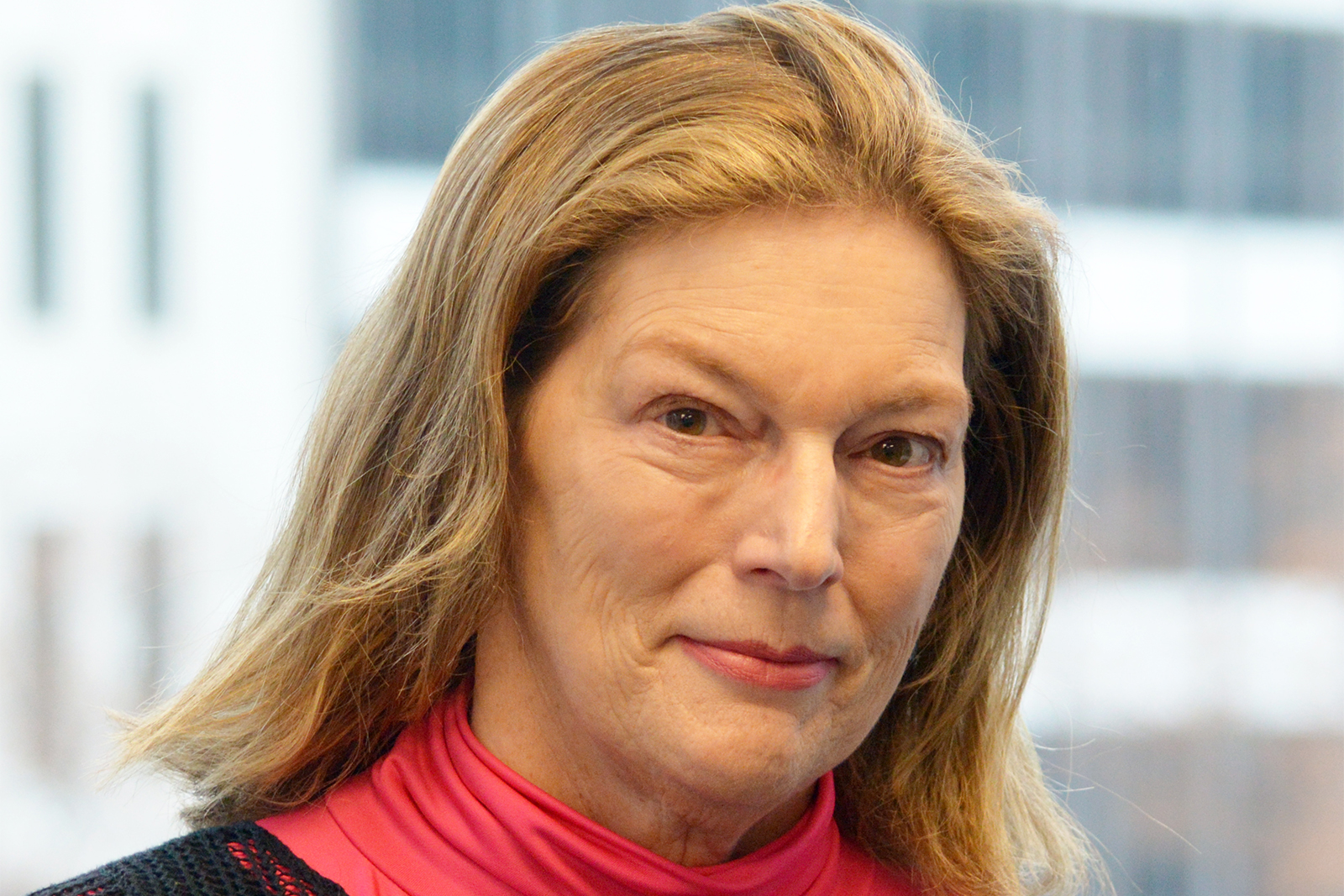
YaleNews
On Wednesday afternoon, the Yale Jackson Institute for Global Affairs hosted a conversation with the first female U.S. Ambassador to the Republic of Korea, Kathleen Stephens.
The event, titled “Nuclear Diplomacy with North Korea: Where Do We Go From Here?”, attracted nearly 70 attendees. Stephens, who served as ambassador from 2008 to 2011, focused not only on the state of North Korean politics but also on the recent geopolitical climate surrounding North Korea — concentrating specifically on the relationships between South Korea, China and Japan, and how the US should respond to those dynamics. The event was moderated by Edward Wittenstein ’04 LAW ’12, the executive director of Yale’s Johnson Center for the Study of American Diplomacy.
“Despite the title of this event, I don’t think we can look at the issue of North Korea diplomacy purely through the lens of nuclear weapons,” Stephens said. “Thinking about how we try to get North Korea to stop having nuclear weapons requires us to consider the history and the context surrounding it.”
After she characterized Kim Jong Un as the “protagonist” in North Korea’s recent pivot away from provocative acts in favor of negotiations, she gave her opinions on what his motivation could be.
“What does he want? It’s hard to know and we can only guess. But maybe it could be that Mr. Kim got to the point where he felt under pressure from economic sanctions and military threats,” she said. “Perhaps he thought that he was in a position to say, ‘We have a nuclear arsenal. We have some missiles. South Korea has a new government. Now let’s switch to diplomacy.’”
Throughout the talk, Stephens, who is also the first Korean-speaking ambassador to South Korea, placed a special emphasis on North Korea-South Korea relations. She said that it was also necessary to consider the Korean people’s concerns regarding the conflict in addition to those of America citizens. After the event, she told the News it was important to consider the role of South Korea when considering the nuclearization of North Korea.
Although Stephens cautioned against oversimplifying South Korean opinion on North Korea, she said that her observation was that there is clearly a sense that “every successive president wants to be the one to bring about transformational change.”
“The current president is considered as progressive and enthusiastic towards improving relations with North Korea,” she said. “Even though the people have been divided for so long, when they saw Mr. Kim speaking humble Korean and showing respect to President Moon [Jae-in] at Pyongyang during his last visit, I think it tingled the spine of many South Koreans.”
Wittenstein opened the floor to allow the participants to ask questions directly. The audience asked about issues such as the impact of a potential constitutional amendment in Japan, North Korea’s motivation for negotiation and the success of U.S. President Donald Trump’s unconventional diplomatic tactics.
When asked if the U.S. should simply accept North Korea as a nuclear state, Stephens emphasized the necessity to continue trying to denuclearize North Korea through negotiations.
“Given our commitment to the [Treaty on the Non-Proliferation of Nuclear Weapons], I won’t counsel the U.S. to accept DPRK as a nuclear country,” she said. “It is a dangerous idea to have nuclear weapons on the Korean peninsula. If we accepted North Korea’s possession of nuclear weapons, what would happen to South Korea, Japan, and other countries in the area with the capability of producing nuclear weapons?”
After the talk, Wittenstein commented that he valued Stephens’ “incredible background and deep policy experience” in East Asia. He especially appreciated her insights on the South Korean perspective as well as those of Korean, Chinese and Japanese students.
Many participants were pleased to hear Stephens’ candid opinions formulated from her extensive experience in the Korean peninsula.
“What I took away from this event is that as we head towards the Trump-Kim summit in late February, no one is sure about what is to come,” said Min Byung Chae ’20. “We have to be prepared for any possible scenario.”
Noah Cho ’19 told the News that he was especially glad to hear the audience raise the issue of human rights concerns in North Korea because it always seems to be “the elephant in the room” during talks of North Korean diplomacy.
Stephens currently serves as principal deputy assistant secretary for East Asian affairs and current President and CEO of the Korea Economic Institute of America.
Ayumi Sudo | ayumi.sudo@yale.edu







